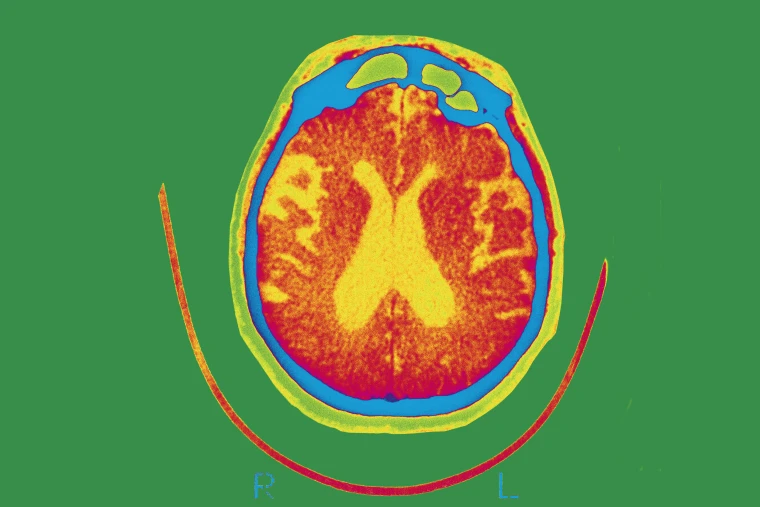A recent study suggests that genetics may not only be a risk factor but also a direct cause for some cases of Alzheimer’s disease. This finding challenges the conventional understanding of Alzheimer’s, which typically considers genetics only as a risk factor. The study proposes that up to one-fifth of Alzheimer’s patients could be classified as having a genetically caused form of the disease.
Traditionally, the cause of Alzheimer’s has remained elusive for the majority of cases. However, this new classification could potentially lead to a broader approach in developing treatments, including gene therapy, and could impact the design of clinical trials.
If adopted, this new classification would make genetically caused Alzheimer’s one of the most common genetic disorders globally. Dr. Juan Fortea, the study’s author, emphasizes the significance of this reconceptualization, stating that it affects a significant portion of Alzheimer’s cases, estimated to be around 15 to 20 percent.
The study focuses on a specific gene variant called APOE4, which has long been associated with an increased risk of Alzheimer’s. By analyzing data from over 500 individuals with two copies of the APOE4 variant, the researchers found that almost all of these patients developed the biological pathology of Alzheimer’s. This suggests that having two copies of the APOE4 variant should be considered a cause, rather than just a risk factor, for Alzheimer’s disease.
Patients with two copies of APOE4 are estimated to make up around 15 to 20 percent of Alzheimer’s dementia cases. These individuals often develop symptoms at a younger age compared to other forms of Alzheimer’s, with many experiencing cognitive decline by age 65.
Classifying this condition as genetically determined Alzheimer’s could have significant implications for drug development and clinical trials. It may encourage the development of treatments specifically tailored to this genetic subtype of Alzheimer’s and expedite efforts to prevent cognitive decline in individuals at risk.
However, the study has limitations, including a lack of diversity in the study population. While the findings are significant, further research is needed to validate and generalize the results across diverse ethnicities.
In light of these findings, questions arise regarding genetic testing for the APOE4 variant. Some experts caution against testing until effective treatments or preventive measures are available, as knowing one’s genetic status may cause undue stress without actionable interventions.
Overall, the study sheds new light on the genetic underpinnings of Alzheimer’s disease and underscores the need for targeted interventions for individuals with specific genetic risk factors.















































